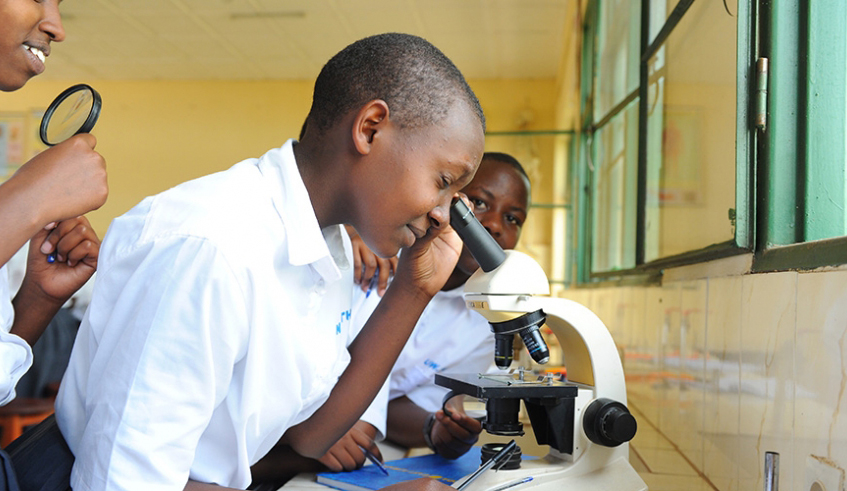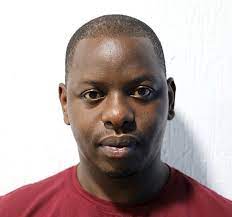

Promoters of science education say that awarding science teachers is one of tools to pave the way for the transformation of the country through science and technology.
This was highlighted while recognising mathematics and science teachers for their work in the online teacher training, delivered by African Institute for Mathematical Sciences (AIMS)-Teacher Training Program (TTP) during the Covid-19 pandemic.
42 teachers, 50 per cent of whom are female, were awarded over the weekend and received equipment, including a smartphone worth $200, across 14 districts.
The teachers who were awarded were selected based on their levels of engagement and performance in the key trainings, including pedagogical training, English proficiency training, mastery of content and preparation of sample audio lessons, according to Lydie Hakizimana, CEO of AIMS-Next Einstein Initiative.
She says that the teachers are part of over 3000 educators in Rwanda who benefited in technology-enabled teacher training.
"We believe that great and passionate teachers are absolute heroes to countless students and us because they change the trajectory of children’s lives for the better,” she says.
The skills learned during the pandemic school break will enable teachers to improve the quality of teaching and learning of mathematics/sciences in schools.
"We are committed to high standards and high academic achievement for our kids and it all begins with quality teachers,” she remarks.
Fabien Habimana, the director of science, technology, innovation and research at Ministry of Education, says that awarding science teachers will motivate them to encourage more students to take on science subjects.
He says that over 50 per cent of general education students join science and technology options in secondary school, while 45 per cent of female students also join science options.
However, he says that the number of female teachers is still low.
"Awarding science teachers also motivates students to study science. We hope the numbers will keep increasing and more girls are serving as models,” he says.
He says the ICT equipment will play a big role to make classrooms smart.
Teachers share their views
Emmanuel Pacifique Habamungu, a biology teacher at G.S Miyove in Gicumbi District, says that ICT tools, such as smartphones, will help him carry out more research on science experiments so as to improve his performance.
"With the current world going digital, a smartphone will help me a lot because I have no computer. I will use the smartphone to carry out research on biology so that I can help students improve and perform better. Because we do not have standard laboratories, the smartphone will enable me to use YouTube videos and learn different experiments,” he says.
Jane Uwamariya, a teacher in Ruhango District, says that they had gaps in ICT and teaching science.
"ICT skills in teaching biology, chemistry and physics are needed. We always need to conduct experiments which require downloading videos that demonstrate the experiments we need,” she says.


